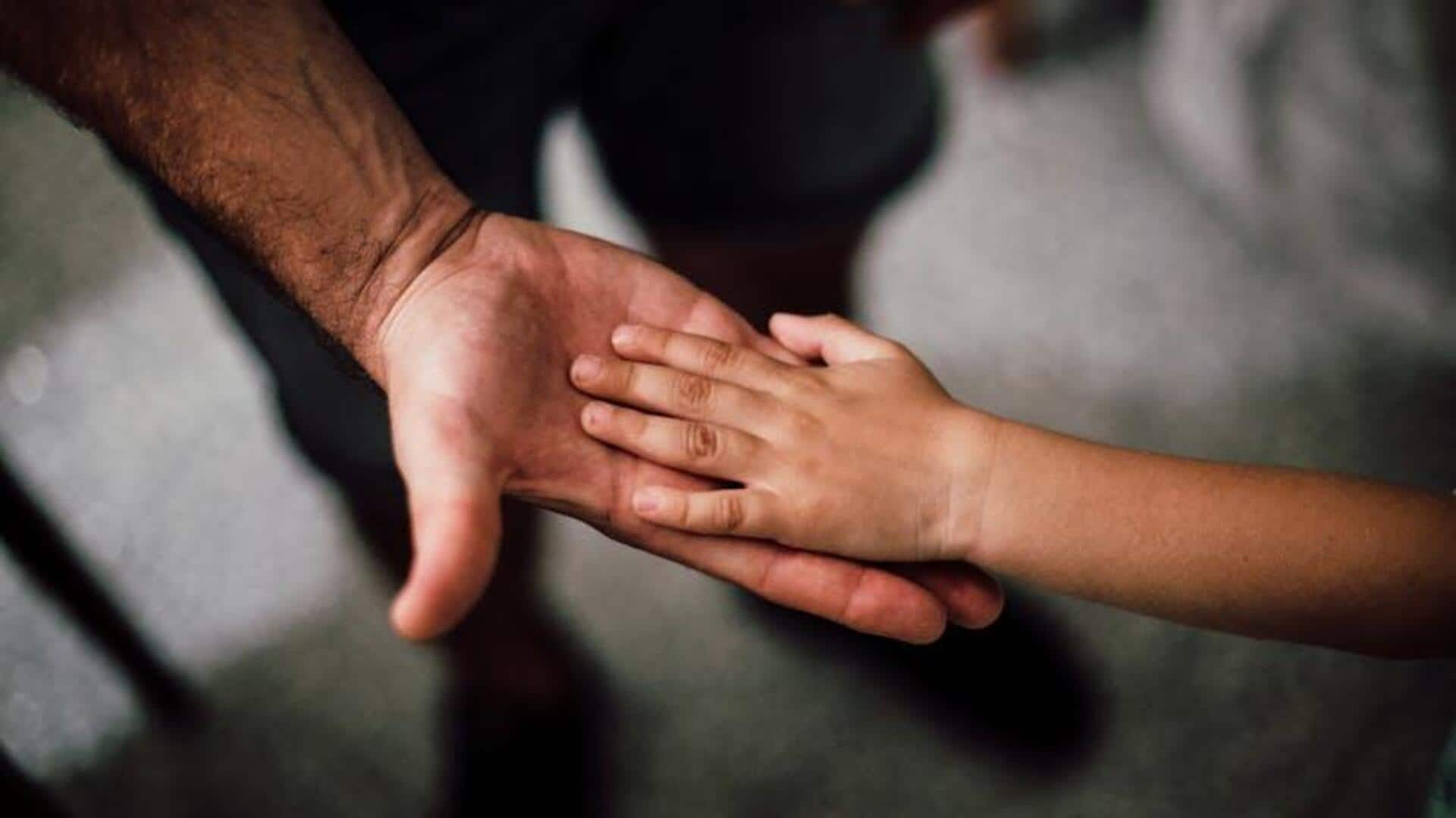
Mind mapping boosts children's skills: Here's how
What's the story
Mind mapping is a visual tool to help kids organize their thoughts and ideas. It encourages them to think critically by connecting different concepts in an organized manner. The technique can be especially helpful for young learners as it improves their information processing, problem-solving, and memory retention skills. Using mind maps, kids can develop better organizational skills and be more effective in their learning.
Tip 1
Enhancing memory retention
Mind mapping helps improve memory retention through visual representation of information. When kids create mind maps, they involve more senses, which further reinforces the material they are learning. This way, they get to visualize connections between ideas, which makes it easier to recall information later. Studies have indicated that students using mind maps can remember up to 15% more than those relying on traditional notes.
Tip 2
Encouraging creative thinking
Mind mapping also encourages creative thinking as kids can explore all the possibilities without limits. As they branch out from a central idea, they can associate connected concepts freely and come up with new ideas. This encourages divergent thinking, which is key for problem-solving and innovation. As kids practice mind mapping routinely, they learn to approach challenges with an open mind and develop unique solutions.
Tip 3
Improving organizational skills
Organizational skills are essential for academic success, and mind mapping gives a framework to imbibe these skills in kids. By arranging information hierarchically on a map, kids learn how to prioritize tasks and manage time effectively. Not only this, but this visual representation of data also helps them break down complex topics into manageable parts, making it easier to tackle assignments systematically.
Tip 4
Facilitating better communication
Mind maps also make for an excellent way to improve children's communication skills. When they present their ideas through a map, kids learn to articulate thoughts clearly and concisely. The visual nature of mind maps also makes it easier for others to grasp the concepts presented quickly. This way, kids become more confident communicators, be it in written assignments or verbal presentations.